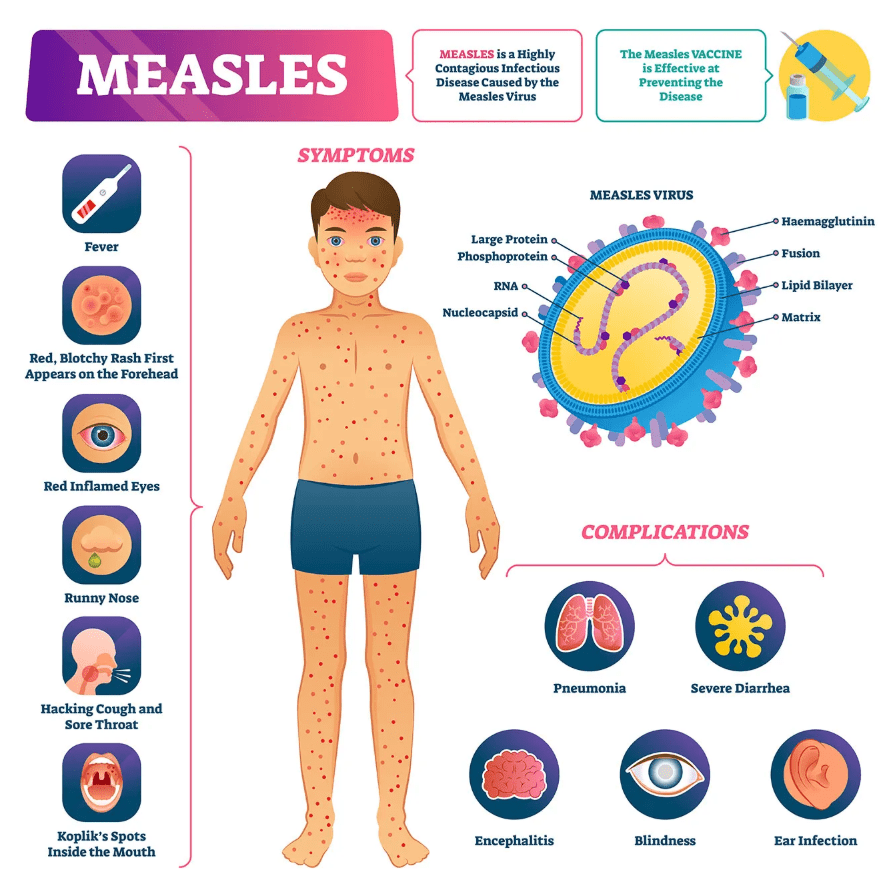DPH Confirms Measles in Upstate Resident
COLUMBIA, S.C. — The South Carolina Department of Public Health (DPH) has confirmed a case of measles in an Upstate resident. This is the first confirmed case of measles reported in South Carolina since September 2024.
The individual is unvaccinated and did not have immunity from a previous measles infection. They were exposed to measles during an international trip and were not contagious while traveling. Currently, they are isolating at home to prevent further spread of the virus.
DPH confirmed it was a positive measles case after receiving test results from its certified public health laboratory. The agency has begun a contact investigation and is notifying people who may have been exposed.
“Measles is highly contagious, and a serious disease caused by a virus that affects the respiratory tract. This virus spreads quickly, which is why we must act now to prevent its spread,” said Dr. Linda Bell, state epidemiologist and Health Programs Branch director.
“It is crucial that health care providers and the public be aware of the symptoms associated with this disease,” Dr. Bell said. “It is proven that the best way to prevent measles is by vaccination. I strongly encourage everyone to review their immunization records to make sure they are up to date on all vaccinations and to talk with their health care provider about the benefits and risks of getting vaccinated.”
Measles is a serious disease that can lead to hospitalization and even death. The initial symptoms of measles include fever, cough, and runny nose. These symptoms are followed by a rash. The rash usually lasts five or six days.
The virus can be spread through the air when a person with measles breathes, coughs, or sneezes. Measles virus can remain infectious in the air for up to two hours after the sick person is gone from the area. People with measles should stay home from work or school for four days after their rash first appears.
The best way to prevent measles is through vaccination. The measles vaccine is over 97% effective. Children should receive two doses of measles, mumps, rubella (MMR) vaccine: the first at 12 to 15 months of age, and the second at 4 to 6 years of age. Children 6 to 12 months should get an early dose of MMR vaccine if they are traveling to a country where measles is common. For all ages, it is important to talk to your doctor if you are going to be traveling to another country. Most people born before 1957 were infected with measles during childhood and therefore are presumed to have protection via natural immunity, even if they have not been vaccinated. Certain groups of people, including pregnant women and immunocompromised people, should not receive the MMR vaccine or should delay receiving it. DPH recommends and encourages people to speak with their health care provider to evaluate the risks and benefits of vaccination.

Newsletter
Stay Informed with the WRHI/CN2 Weekly Newsletter.
Get all the top stories delivered straight to your inbox every Sunday morning—just like the classic Sunday paper. Grab your coffee and catch up on everything you missed this week. Sign up today!




